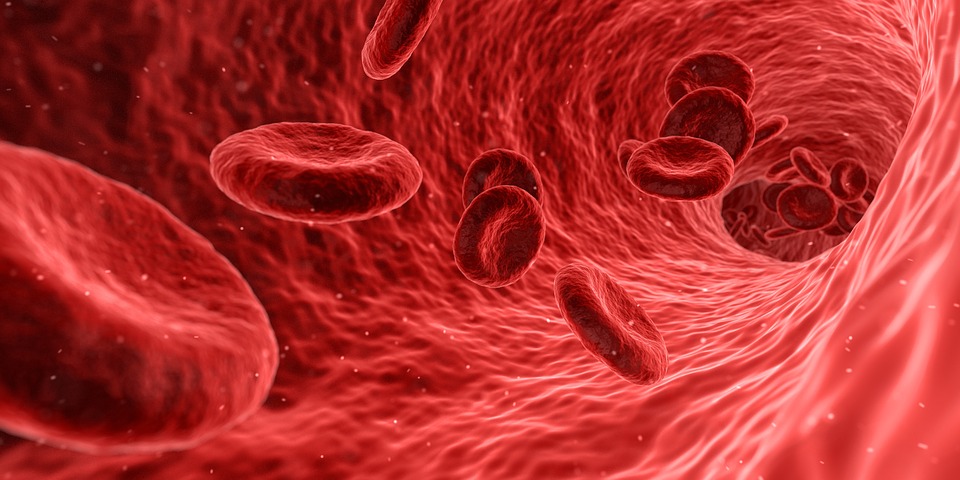A new therapeutic cell-separation technique developed
May 10, 2017 | Wednesday | News
Separating cells, such as red and white blood cells, has become fundamental in the biomedical sciences for identifying cells for therapeutic and regenerative cell-based therapies.
Biomedical Engineers, in the Department of Mechanical Engineering Sciences, at the University of Surrey developed the new cell separator - which could help medical advances into cancer and Alzheimer's disease research.
Thanks to the new design the separation process, which is used in vital therapies for life-threatening diseases, can be carried out at a fraction of the usual cost and can be used for therapeutic as well as research purposes.
Separating cells, such as red and white blood cells, has become fundamental in the biomedical sciences for identifying cells for therapeutic and regenerative cell-based therapies. Separation techniques are also vital in biochemistry, electrical engineering, physics, and materials science. However, to date the process has been complicated and expensive.
To overcome this, the University's dielectrophoresis (DEP)-based cell-separation method uses 3D electrodes on a low-cost disposable chip. Using a simple electrical charge, one cell type is allowed to pass through the chip and the other is retained and subsequently recovered.
This offers significant promise as a new standard benchtop laboratory technique, and it can provide major benefits towards health and other fields.










